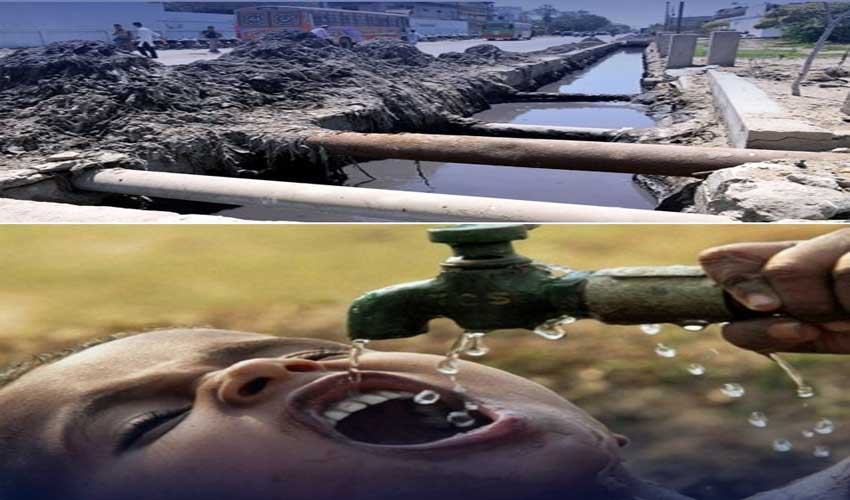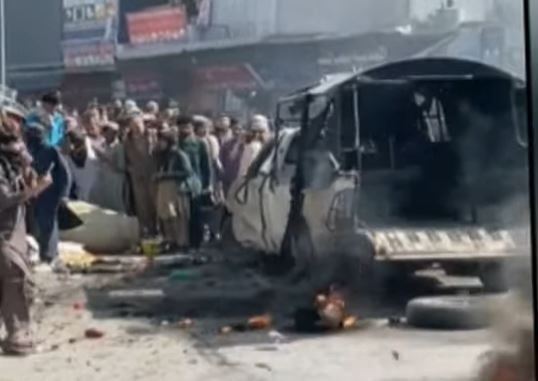In a recent development, National Assembly (NA) Deputy Speaker Syed Ghulam Mustafa Shah has rightfully taken notice of the dire issue concerning the supply of contaminated water within the Parliament House and Parliament Lodges. This concern was sparked by an investigative report from the Pakistan Council for Research in Water Resources (PCRWR), Ministry of Science and Technology, shedding light on the precarious state of the water supply.
Undoubtedly, addressing the safety of water within the Parliament premises is crucial. However, it is imperative to widen the lens of concern to encompass the plight of millions in Karachi, who have long grappled with the scourge of contaminated water. This city, Pakistan's largest urban center and economic hub, has been grappling with this crisis for decades, leading to widespread suffering and even loss of lives, particularly among innocent children.
Respected Shah Sahib, it is vital to recognize the gravity of the situation faced by the residents of Karachi. Access to clean drinking water has become a luxury, especially in the impoverished neighborhoods where the water shortage is severe. In these marginalized areas, securing even a minimal amount of clean water has become an arduous task. Government-supplied water often arrives tainted with sewage, rendering it unsafe for consumption and breeding grounds for harmful pathogens.
Adding to the distress is the unchecked influence of the tanker mafia, exploiting the desperation of Karachi's populace by selling water at extortionate rates. Illegal connections to the water supply network further compound the issue, facilitated by a lack of oversight and accountability from relevant authorities.
Despite being well aware of Karachi's water crisis, the indifference displayed by those in positions of power only exacerbates the suffering of the city's most vulnerable communities. While clean water remains accessible to the privileged few, corruption within governmental institutions obstructs meaningful efforts to tackle the crisis effectively.
The dire consequences of consuming contaminated water are palpable, with a surge in waterborne diseases, especially among children. Cases of gastrointestinal infections and respiratory illnesses linked to tainted water sources are alarmingly prevalent. The absence of clean water heightens the vulnerability of Karachi's children, exposing them to a heightened risk of malnutrition and stunted growth due to frequent bouts of illness.
Hence, I implore you, Sir, to extend your concern and advocacy beyond the confines of the Parliament House. I urge you to use your influence to press authorities and policymakers to prioritize the basic needs of Karachi's citizens, foremost among them being access to clean and safe drinking water for all. The right to water is a fundamental human right, and concerted efforts are indispensable to uphold this principle and alleviate the suffering endured by those most affected by Karachi's ongoing water crisis.



























